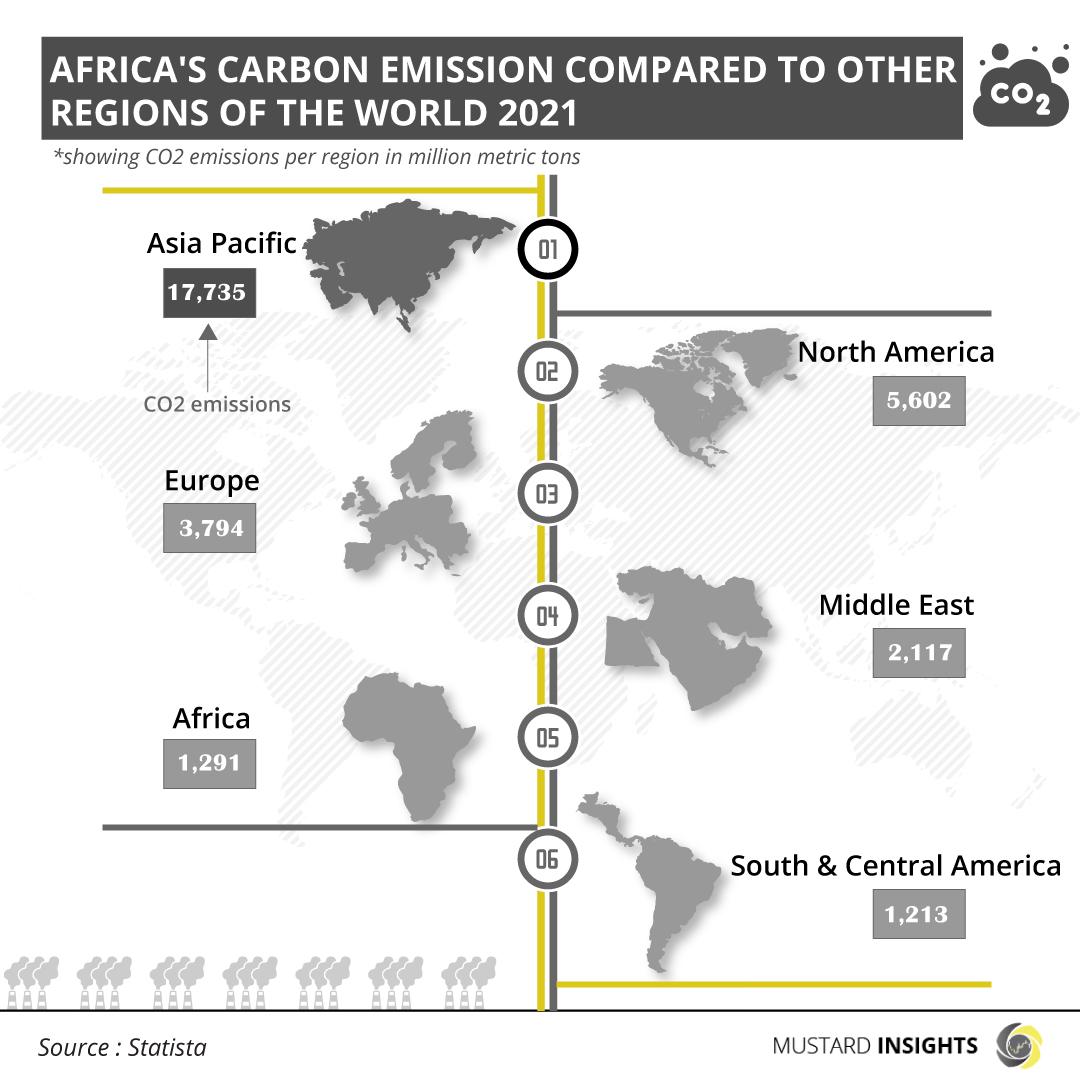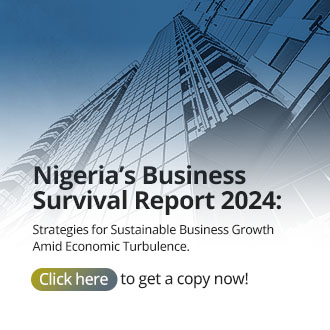Despite bearing the brunt of its effects, Africa contributes very little to climate change-inducing global carbon emissions.

A major talking point during the recently-concluded COP27 was climate justice. To quote the United Nations, climate justice involves “ensuring the representation, inclusion, and protection of the rights of those most vulnerable to the effects of climate change”. The concept is based around the equitable distribution of the burdens and especially the responsibilities that will arise with climate change. By its very definition, climate justice places emphasis on the youth. After all, it is today’s young who will face the effects of a rapidly-changing climate. Hence, the United Nations Framework Convention on Climate Change’s (UNFCCC) session of the Conference of the Parties (COP) saw the issue examined at length.
It is worth discussing at length because there is a real issue with climate change: some of the countries and regions which will suffer the worst effects of climate change have historically been some of the least significant contributors to the emissions which have caused the problem. This is not conjecture. The University of Notre Dame keeps a country index courtesy of their Global Adaptation Initiative (GAIN). According to their methodology, a country’s vulnerability is it propensity to be negatively impacted by climate hazards in areas of food, water, health, ecosystem services, human habitat, and infrastructure.
The Situation at Hand
By this method, 18 of the 20 most vulnerable countries are low-income countries. Historically low carbon emitters. 16 of them are in Africa. Despite being the world’s second largest continent in terms of both landmass and size, Africa is contributed only 4% of global carbon dioxide emissions. This is on par with the Central and South American region, whose population is about a third of Africa’s. There are reasons explaining why African countries emit little carbon.
Most African countries are not high-income countries with poverty being rife in the continent, distinctly in the Sub-Saharan region. All but one of those 16 African countries are low-income countries. Significantly, majority of emissions come from manufacturing, electricity generation, and energy conversion. Africa notoriously suffers from low electricity generation, with a Sub-Saharan Africa still having hundreds of millions of people without access to electricity.
If one excludes South Africa, Sub-Saharan Africa generates less electricity than Spain. According to a 2015 Brookings report, it would take the average Tanzanian eight years to consume the same amount of electricity the average American consumes in a single month. Many people do not own cars and most can’t afford to fly often, which means there is very little transport emissions. Manufacturing capacity in region isn’t high, and most of the agriculture is climate-dependent instead of energy-intensive installations like greenhouses.
The Way Forward
Two things are clear: the energy-rich countries are the ones who have contributed the most to the climate crisis, and; Africa will need to develop further. How can Africa develop its energy and electricity generation without becoming major emitters? Africa is in a position to adopt electricity generation best practices while its energy systems are still at a nascent stage. As these low-income countries develop and build energy systems to power their growth, they may do well to avoid the path more developed countries took.
Those countries are major emitters because their energy-intensive electricity generation installations are mainly powered by fossil fuels. Africa could do well to build its energy systems around renewable energy while incorporating energy efficiency practices. Thus, they will leapfrog the need for converting their energy systems from fossil-based to renewable-based, a dilemma the developed countries are presently grappling with.
Despite these strategies, it is inevitable that Africa’s development will lead to a rise in its emissions. This is only a problem if the emission levels of the highest emitters stay the same. Hence the desire for climate justice: the highest emitters must reduce their emissions while contributing to not just the sustainable development of the lower-income countries, but also to mitigation strategies for already-existent climate problems.
Thoughts?
We won't share your email address. All fields are required.
